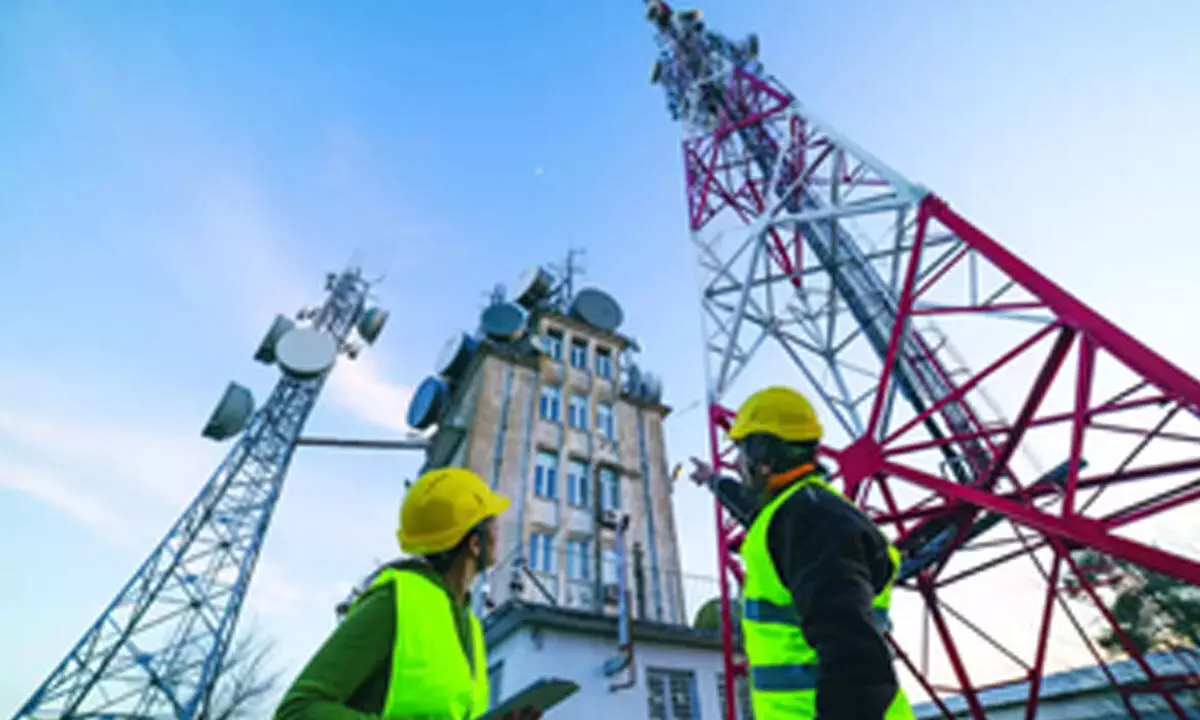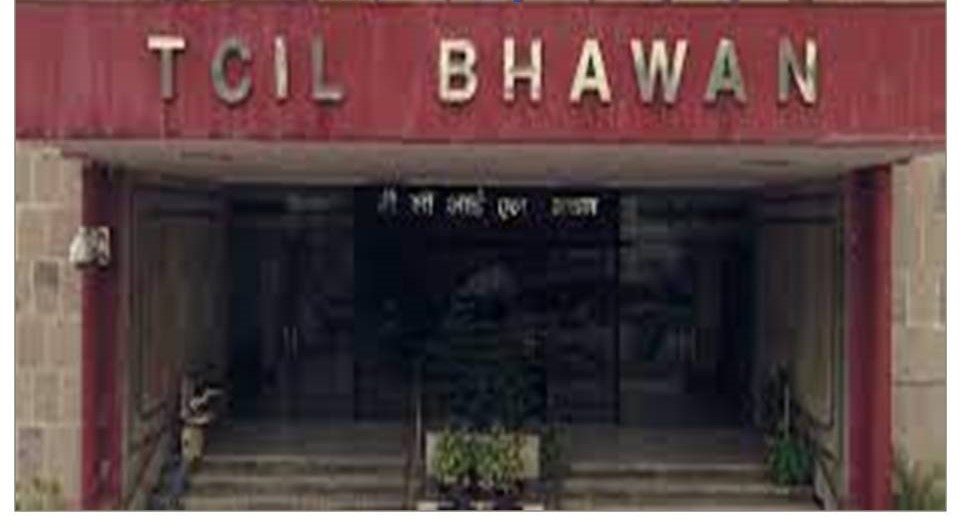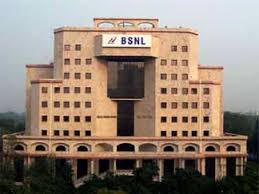Telecom operators urge govt to eliminate AGR-related license fee

NEW DELHI: Indian telecom operators have urged the government to eliminate or significantly reduce the license fee, including the Universal Service Obligation (USO) fee, from 8 percent of Adjusted Gross Revenue (AGR) to around 0.5-1 percent of AGR, saying the circumstances and regime have changed for the industry.
Abolition or reduction of the licence fee-related payments would facilitate the operators' ploughing the revenues back into the network for continuous upgrades and expansion, enabling them to provide state-of-the-art services to the people of this country.
The Cellular Operators Association of India (COAI) proposed to the government that this would further enable faster digital inclusion, especially in remote areas, and help ease the common man's life.
COAI represents Reliance Jio, Bharti Airtel and Vodafone Idea.
The COAI proposal comes after the Supreme Court dismissed telecom companies' review petition regarding AGR calculation corrections. AGR represents revenue from core services like mobile and internet.
“It is evident that telcos buy the Spectrum for utilisation through transparent auction processes, paying a substantial amount for receiving the right to use the same. At the same time, though, payments are also charged on the basis of the AGR on the telcos, which is a double whammy for them, given the huge investments made towards procuring the spectrum,” COAI said.
The telco body likened this to “buying a house and still paying rent on it.”
COAI pointed out that the current license fee model was relevant when Spectrum was bundled with licenses under the National Telecom Policy 1994. Still, since spectrum is now auctioned separately as of 2012, the need for the current fee structure no longer holds.
Telecom companies have invested over $4.8 trillion in spectrum over the past decade and more than $3 trillion in setting up 5G networks since October 2022. Currently, they pay 3 percent of AGR as a license fee and 5 percent as a USO fee, which supports connectivity in underserved regions. COAI argued that the license fee should only cover the cost of administering licenses, around 0.5-1 percent, rather than the 8 percent currently charged.
Since October 2022, the government has stopped collecting the Spectrum Usage Charge (SUC), reducing SUC collections by 32.3 percent to Rs 3,369 crore. COAI also noted that telecom operators, besides paying AGR-related charges, also pay GST and corporate taxes, further limiting their ability to invest in technological upgrades.
“It is a well-established fact that growth of the telecom sector has a multiplier effect on the economy, by not only contributing to GDP growth but also increasing productivity and improving the standard of life of the common people,” COAI said.
The body highlighted that telecom companies in India, besides paying the Telecom Specific AGR-related amount, also pay CSR, GST, and Corporate Tax, just like any other company in the country.
“This puts companies engaged in the telecom business at a significant disadvantage vis-à-vis other businesses, severely limiting their surplus for investment in regular technological upgrades,” it added.











